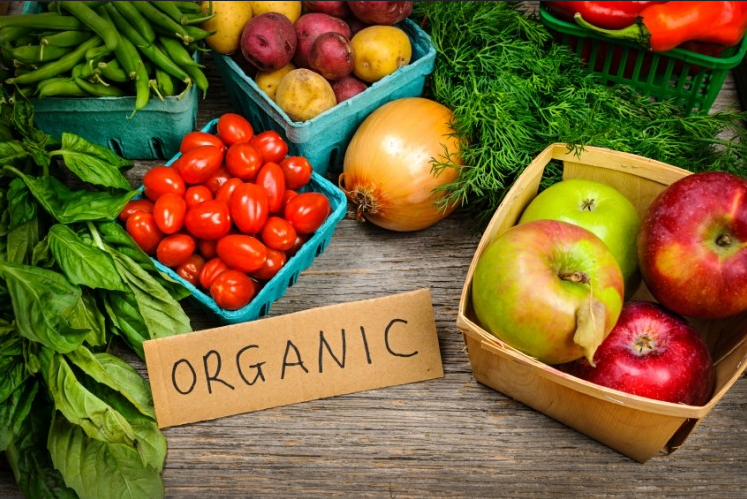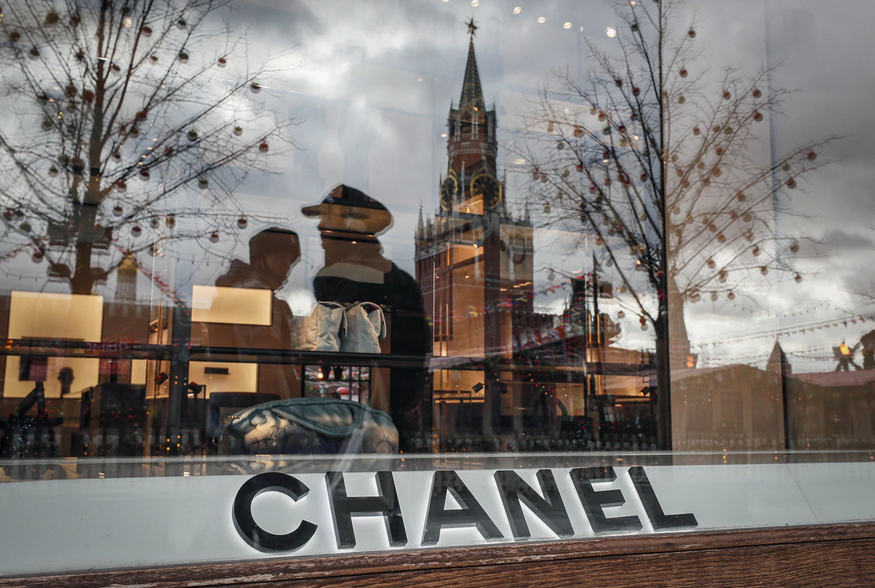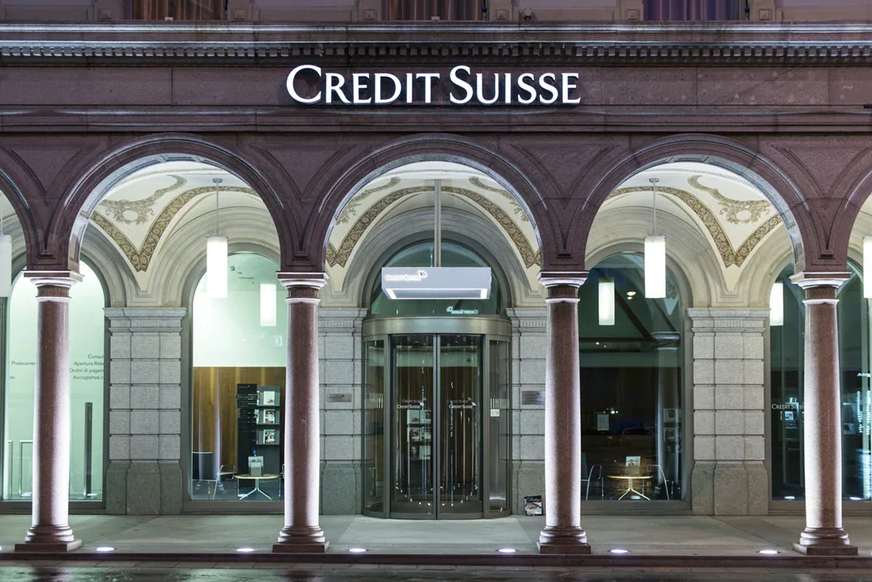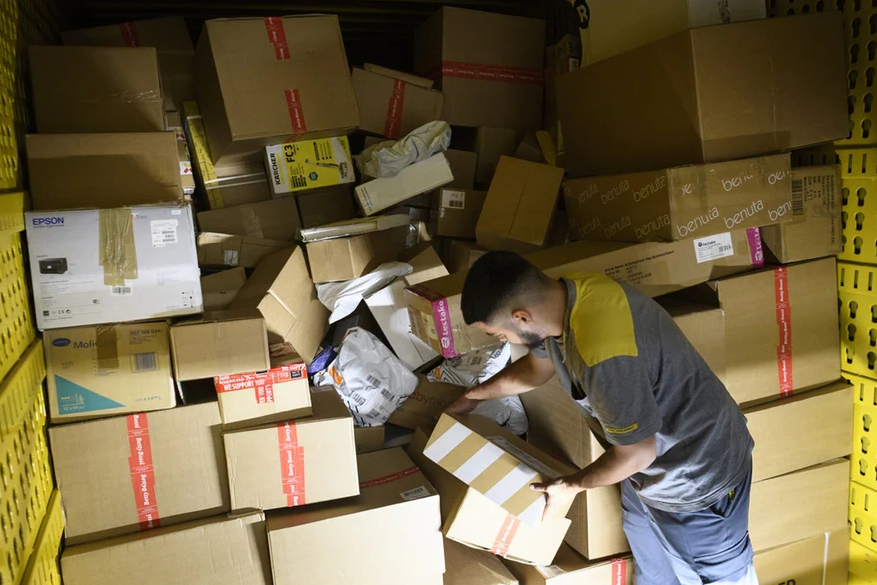“Households are feeling the strain as prices continue to rise,” SECO said on Monday. © Keystone / Gaetan Bally Consumers in Switzerland are much more pessimistic about the general economic situation, with households feeling the strain as prices continue to rise, a new survey shows. April data published by the State Secretariat for Economic Affairs (SECO) on Monday shows that overall consumer sentiment has deteriorated “significantly” in recent months. The consumer sentiment index for last month fell by 27 points, from -3.8 points in January, marking the biggest decline since the onset of the pandemic in the spring of 2020, SECO said. “Households are feeling the strain as prices continue to rise,” SECO said. Swiss households are particularly pessimistic about how
Topics:
Swissinfo considers the following as important: 3.) Swissinfo Business and Economy, 3) Swiss Markets and News, Featured, Latest News, newsletter
This could be interesting, too:
Nachrichten Ticker - www.finanzen.ch writes Die Performance der Kryptowährungen in KW 9: Das hat sich bei Bitcoin, Ether & Co. getan
Nachrichten Ticker - www.finanzen.ch writes Wer verbirgt sich hinter der Ethereum-Technologie?
Martin Hartmann writes Eine Analyse nach den Lehren von Milton Friedman
Marc Chandler writes March 2025 Monthly

“Households are feeling the strain as prices continue to rise,” SECO said on Monday. © Keystone / Gaetan Bally
Consumers in Switzerland are much more pessimistic about the general economic situation, with households feeling the strain as prices continue to rise, a new survey shows.
April data published by the State Secretariat for Economic Affairs (SECO) on Monday shows that overall consumer sentiment has deteriorated “significantly” in recent months.
The consumer sentiment index for last month fell by 27 points, from -3.8 points in January, marking the biggest decline since the onset of the pandemic in the spring of 2020, SECO said.
“Households are feeling the strain as prices continue to rise,” SECO said. Swiss households are particularly pessimistic about how the economic situation will develop over the next 12 months.
“Inflation is dampening households’ purchasing power,” said SECO.
The rate of inflation in Switzerland rose to 2.4% in March, having risen at a gentler momentum of 0.6% during the whole of last year.
Negative expectations about the economy, how their financial situation will progress, and “heightened uncertainty in connection with the war in Ukraine, is likely to be a major driver in consumers’ current reluctance to make major purchases”, said the government.
Despite the overall negative outlook, consumers’ expectations about the labour market situation remain better than average, it added. Since January, there has been a “marked improvement” in sentiment about job security. In addition, unemployment figures are expected to continue to develop favourably over the next 12 months, said SECO.
Industry strains
Swiss industry is also straining due to higher prices. Switzerland’s manufacturing Purchasing Managers Index (PMI) continued its downward trend in April, according to additional data published on Monday.
The PMI points to the health of the industrial sector by measuring the amount of materials being bought by companies for manufacturing over the next three to six months. The PMI fell to 62.5 points in April from 64.0 points in March. The figure nonetheless remained above the 50 level which indicates expansion.
“Supply chain problems are gradually easing. However, prices are rising and there are no signs of this trend softening significantly for the time being,” said Credit Suisse, which compiles the PMI survey with Swiss purchasing managers’ association procure.ch.
“The high backlog of orders and solid labour market are encouraging signs for the trend going forward,” Credit Suisse said. The recovery in Swiss manufacturing is continuing, but there are growing signs momentum is slowing, it said.
Tags: Featured,Latest news,newsletter








